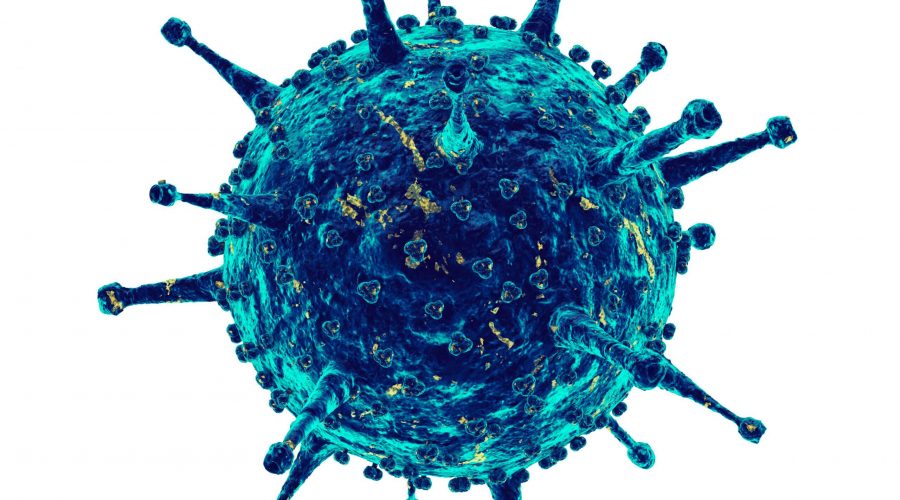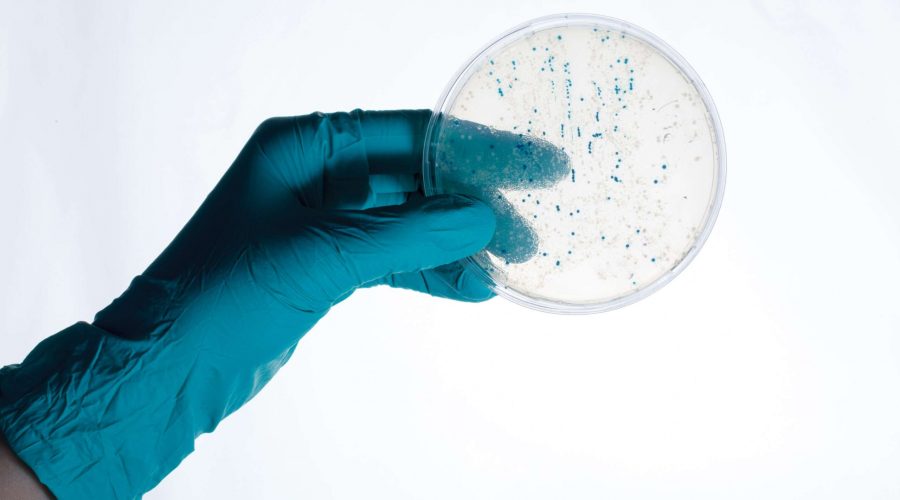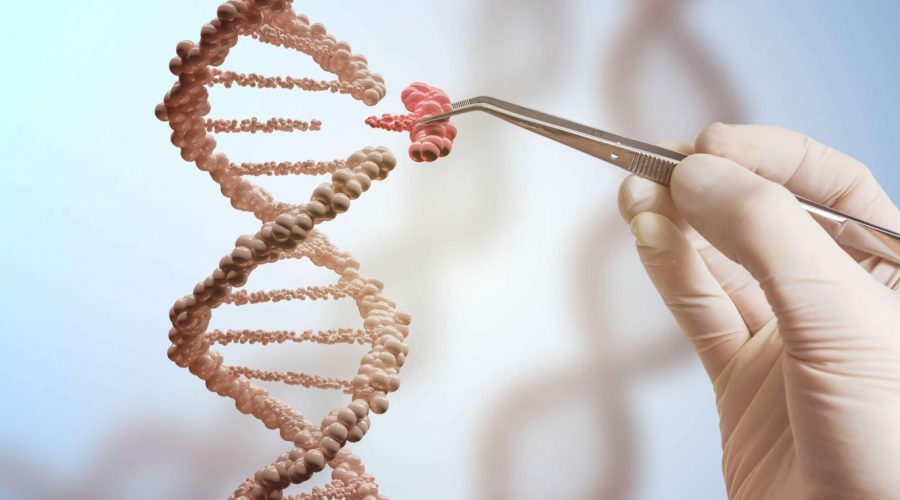Drug Development
LipExoGen provides specific products or services to compliment each of the key aspects of preclinical drug development described above. For example, our scientists specialize in genetic approaches to establish stable gene knockdown or knockout for target validation using lentiviral particles to abrogate expression of your gene of interest, even in challenging cells such as primary or thawed cells. LipExoGen provides lentiviral TF reporter systems useful for validation of a compound’s effect on specific gene transcription or molecular signaling pathways in vitro. Alternatively, LipExoGen can perform custom gene cloning, mutagenesis, or gene regulation services to compliment your project in the phase of target and drug discovery. For in vivo aspects of drug development, LipExoGen provides in vivo imaging tools such as lentiviral constructs which can be used to establish fluorescent or bioluminescent reporters to track cell growth in mice by in vivo bioluminescent imaging or flow cytometric techniques. LipExoGen is also an ideal partner for formulation development as our scientists provide expertise in liposomal formulation technologies which can help you accelerate your time to clinical studies by addressing the solubility, bioavailability, and/or toxicity concerns of your lead molecules.




